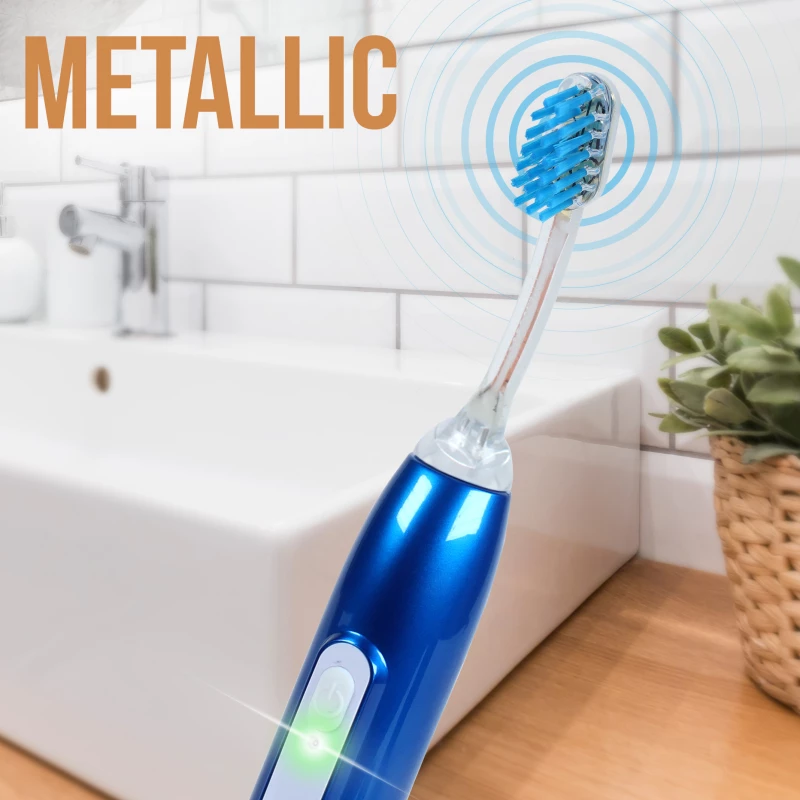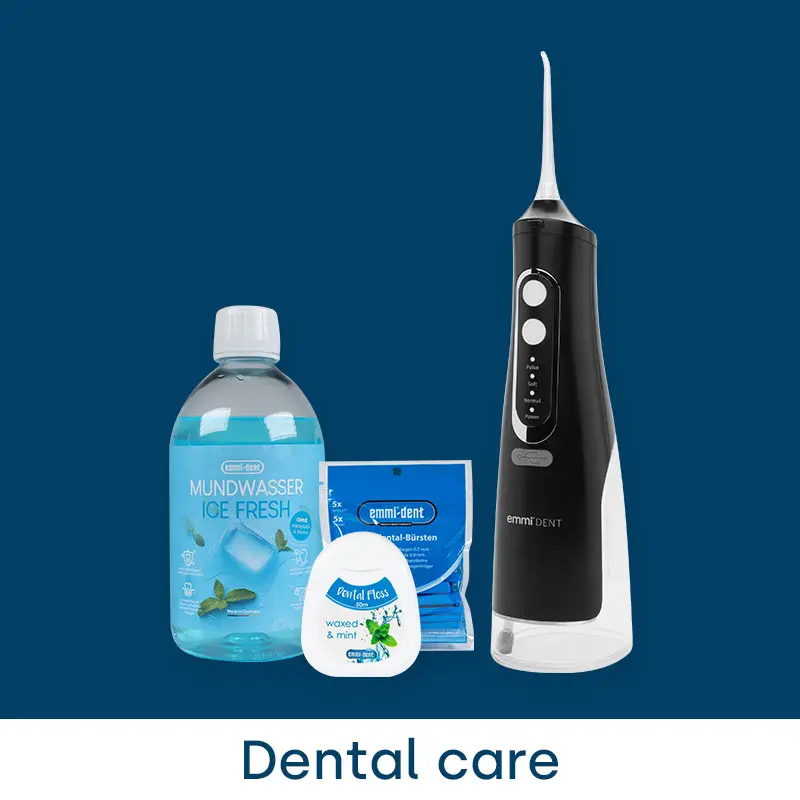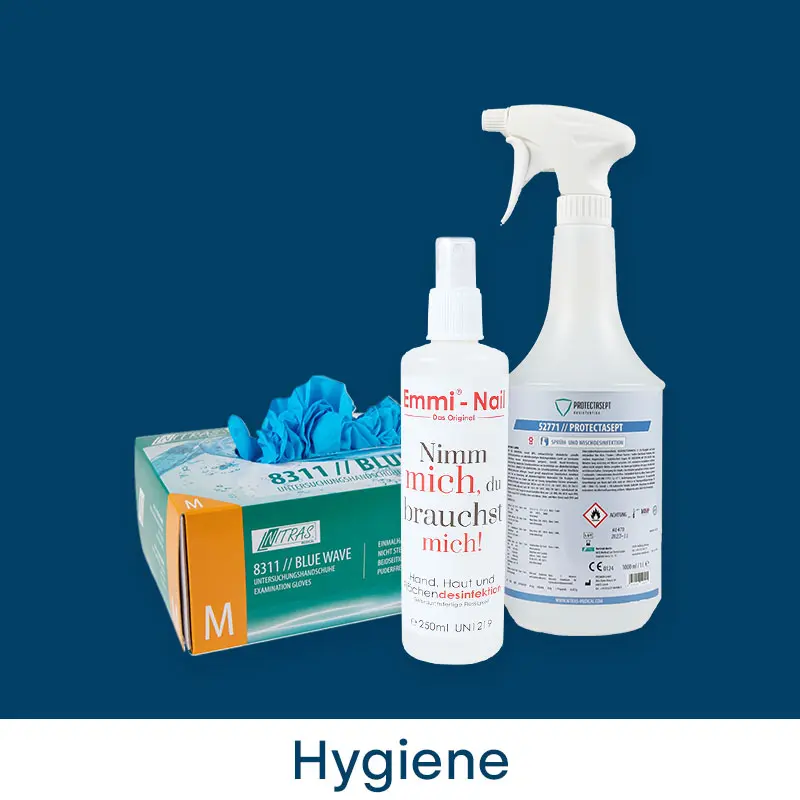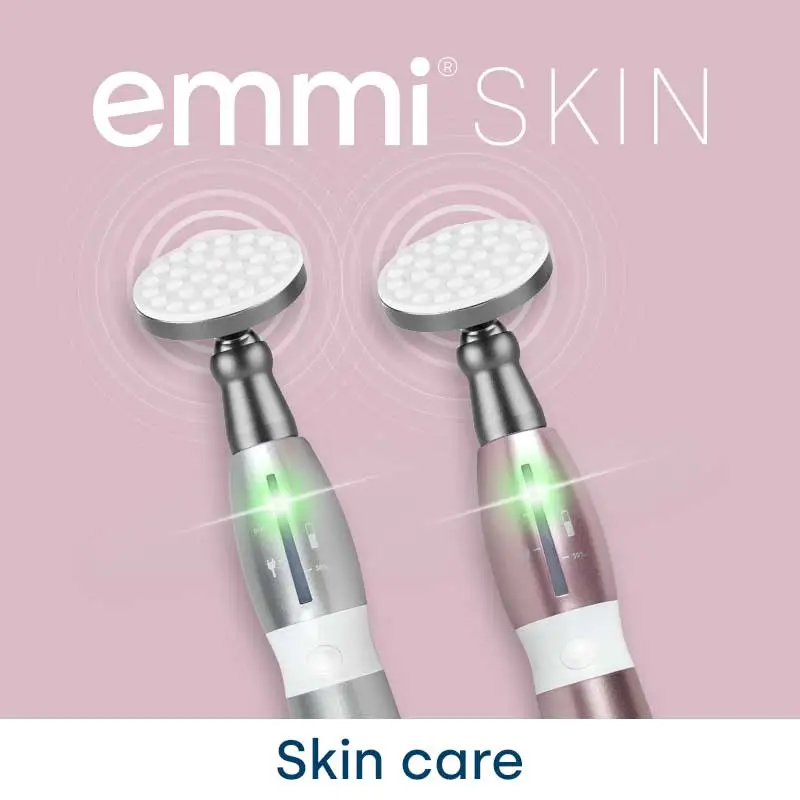
Tooth sensitivity is a common problem that affects many people. It can make eating, drinking and even breathing uncomfortable. But what causes tooth sensitivity and what can you do about it? And is there a way to prevent tooth sensitivity? Let's find out in today's blog post.
What causes tooth sensitivity?
1. Worn tooth enamel
Your enamel is the hard, outer protective layer of your teeth. When it wears down, which often happens with:
- Brushing too hard,
- acidic foods or beverages
If this is the case, the underlying, more sensitive layers of your teeth will be exposed. This can lead to pain, especially with hot or cold stimuli.
2. Receding gums
Your gums protect the roots of your teeth. If they recede, which is very often the case with
- Gum disease or
- hard brushing
If this is the case, the sensitive roots are exposed. This can lead to increased sensitivity and pain.
3. Teeth grinding
That which is unconscious
- Crunching or
- Pressing
of the teeth, often during sleep, can wear away the enamel and lead to sensitivity. It can also lead to other dental problems, such as cracks in the teeth.
4. Acid attack
Acidic foods and drinks, such as
- Citrus fruits,,
- fizzy drinks and
- Wine,
can erode the tooth enamel. This leads to increased sensitivity as the protective layer of your teeth is weakened.
5. Dental treatments
Sometimes dental treatments such as
- Fillings,
- Whitening or
- Dental cleaning
cause temporary sensitivity. This is usually short term, but it is important to inform your dentist if the condition persists.
How can you prevent tooth sensitivity?
1. Use a special toothpaste
Toothpastes for sensitive teeth contain special ingredients that help to reduce sensitivity. These toothpastes form a protective layer over the exposed areas of your teeth to reduce pain.
2. Gentle dental care
Use a soft toothbrush and avoid aggressive brushing. Gentle brushing protects your gums and tooth enamel from further damage.
3. Limit acidic foods and drinks
Constant contact with acids from food and drink can soften and erode tooth enamel. Try to minimise your consumption of things like
- Lemonades,
- Citrus fruits and
- Wine
to reduce acidity. If you eat acidic foods, wait a while before brushing your teeth to avoid wearing away the softened enamel.
4. Avoid grinding your teeth
If you grind your teeth at night, you should consider a splint. These splints, worn at night, can protect your teeth from the abrasion caused by grinding.
5. Regular visits to the dentist
Regular visits to the dentist are crucial to recognising and treating problems early. Professional cleanings help to remove plaque and tartar, which can contribute to gum problems.
6. Fluoride treatment
Fluoride can also help to strengthen tooth enamel and reduce sensitivity. Your dentist can offer professional fluoride treatments that are more effective than the amount of fluoride in toothpastes and mouthwashes.
7. Good dental hygiene
Consistent oral hygiene is the key to preventing tooth sensitivity. Brush your teeth twice a day and floss once a day to keep your teeth and gums healthy.
8. Stress management
As stress can lead to teeth grinding, good stress management can help to reduce this factor. Techniques such as meditation, regular exercise and a balanced diet can help to reduce the stress in your life.
Tooth sensitivity can be an annoying problem, but with the right measures you can effectively prevent and treat it. Remember to be gentle with your teeth, attend regular dental appointments and practise good oral hygiene. If you already suffer from tooth sensitivity, don't hesitate to ask your dentist for advice and treatment options.

